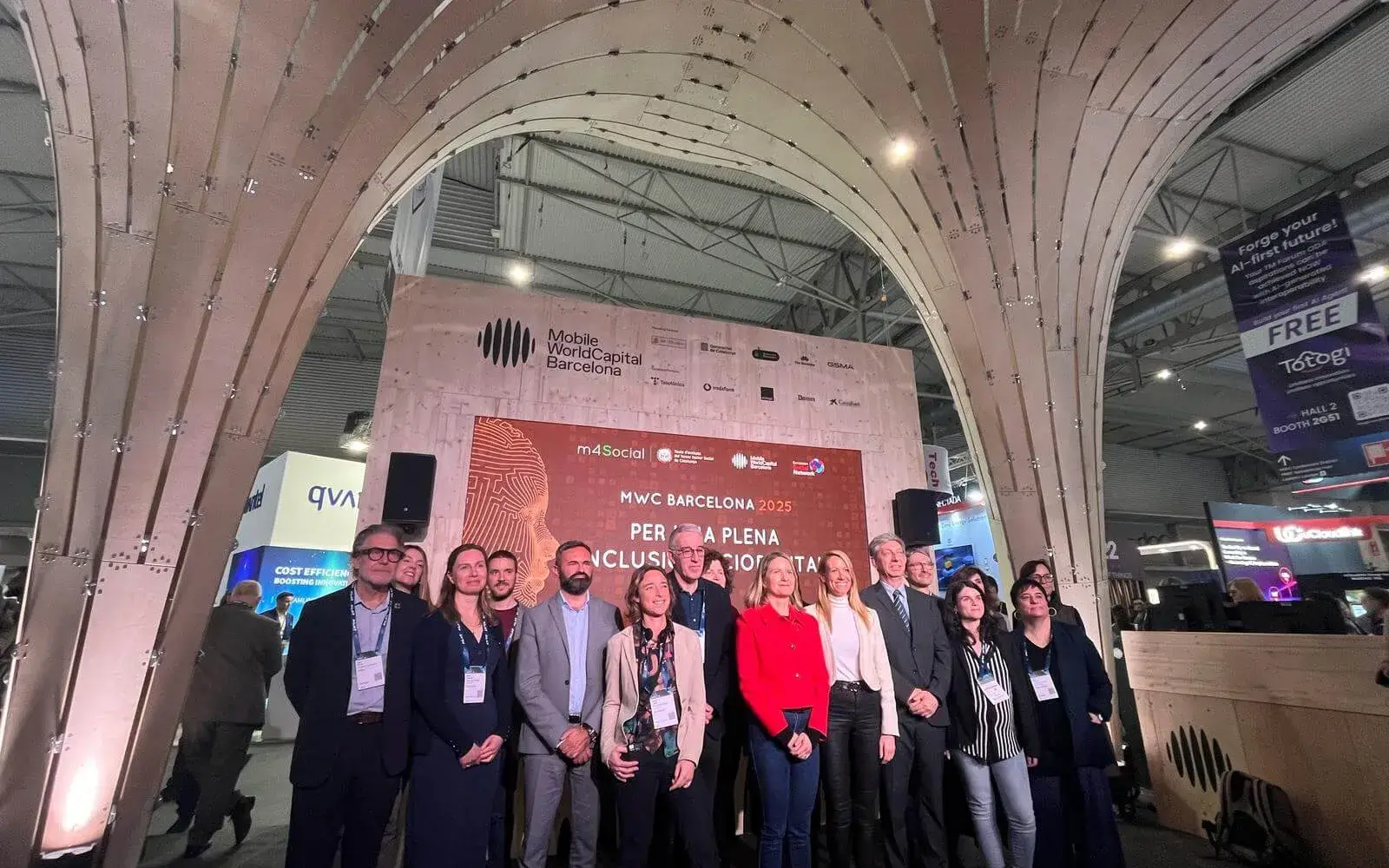Over one hundred civil society organizations have submitted proposed amendments to ban the use of these technologies in migratory contexts such as border control.
Over one hundred organizations, including AlgoRace, AlgoRights and Amnesty International, together with around twenty individuals, demand that the EU AI Act protects people on the move.
In their view, the proposal does not “deal with or foresee” the harm that may arise from the use of artificial intelligence in migratory contexts such as border controls, where these technologies are used for over-surveillance, criminalization, structural discrimination and violence. To this end, they submitted a series of proposed amendments to the Act.
The first would be to ban the use of predictive systems used to intercept, restrict and stop migration flows; automated risk assessment and profiling systems; systems that categorize emotions and biometric parameters; and remote biometric identification at borders and detention centres near borders.
Secondly, they call for biometric identification AI systems that are used for border control and surveillance; predictive analytic systems such as those used for migration, asylum and border control to be classed as high-risk.
Thirdly, they are calling for the removal of an exception envisaged in the Act for AI systems that are already in use when the act comes into force within the migratory context such as Eurodac, the Schengen Information System and ETIAS. Civil society wants the act to apply to all AI systems with no double standards.
Fourthly, they call for monitoring and transparency mechanisms so that people affected can be empowered and can understand, question and look for solutions when these technologies infringe on their rights. This inequality is especially serious when considering who is behind these artificial intelligence systems and people who find themselves in migratory contexts.
More concretely, they are calling for users of these technologies to conduct mandatory impact assessments on fundamental rights; to ensure a set of requirements for authorities to register the use of AI in migration, asylum and border control procedures; and for the inclusion of redress mechanisms and rights.
This unprecedented act aims to regulate AI so it will not contribute to further discrimination and violence. Time will tell if it imposes sufficient limits and is inclusive of all rights.







Add new comment